“Today a new era in human spaceflight begins as we once again launched American astronauts on American rockets from American soil on their way to the International Space Station, our national lab orbiting Earth…The launch of this commercial space system designed for humans is a phenomenal demonstration of American excellence and is an important step on our path to expand human exploration to the Moon and Mars.” – NASA Administrator Jim Bridenstine
Yesterday, SpaceX teamed up with NASA to launch a historic space flight … sending astronauts Robert Behnken and Douglas Hurley on the "Crew Dragon" to the Internal Space Station. Today, they officially docked on the ISS.
It's the final test flight before the Crew Dragon is certified for operational, long-duration missions to the ISS.
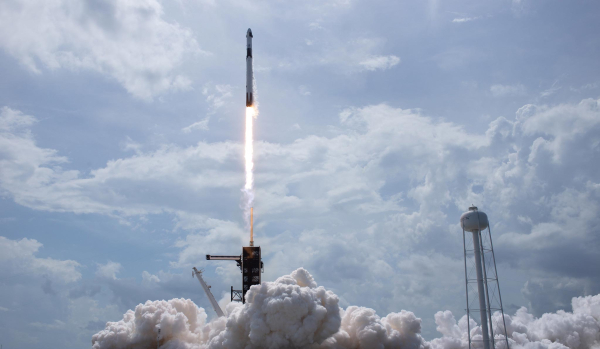 via NASA
via NASA
This is the first time a private vehicle has carried astronauts into orbit – and is undoubtedly an important step in the future of spaceflight … and space-travel.
As an added bonus, for them, they're escaping our current tumultuous times here on earth.
When I was growing up, the space race caught the public's hearts and minds. I was a kid, but I still remember watching the lunar landing and thinking how cool that was (and it still is)!
Think about what this makes possible! Lots of it in our lifetimes. Even more, if you allow yourself to dream a little.
In the past decade, rockets, space stations, satellites, etc. were often just an afterthought or a small filler news item. Meanwhile, A.I., Cloning, Voice Recognition, 3D Printing, Drones, and other technological advances were sexy attention-getting topics.
Recently, that has changed. The space race is getting hot again. Resources are pouring into this area, and SpaceX's launch is proof that we are making progress (and probably altering life's history).
You can watch the astronauts dock on the ISS below. Warning, docking is a slow process, and the video is 4 hours long. If you skip 3 hours and 33 minutes in, you can watch the astronauts board the ISS. Take a look.
via NASA
With all the struggle and strife, it feels good to experience something on a scale like this.
Spaceflight is captivating again. Teachers can use this to excite students and create the next generation of engineers and astronauts.
Passion in the sciences is important, and successes like this ignite passion in more than just space exploration.
We live in exciting times …Onwards!

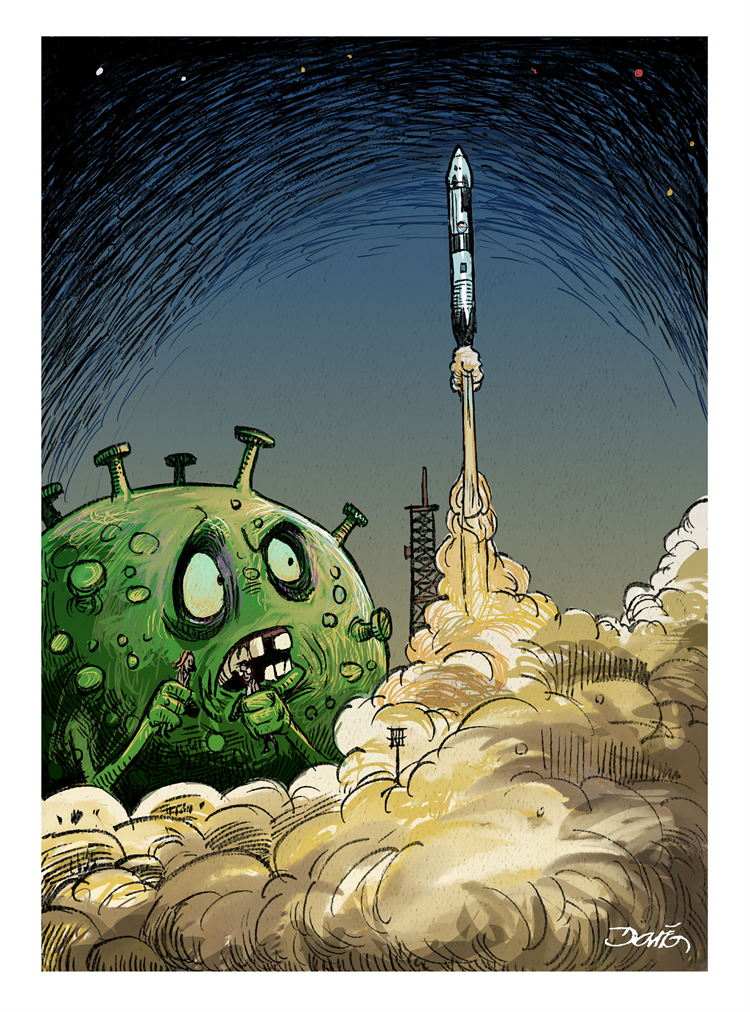

 via
via 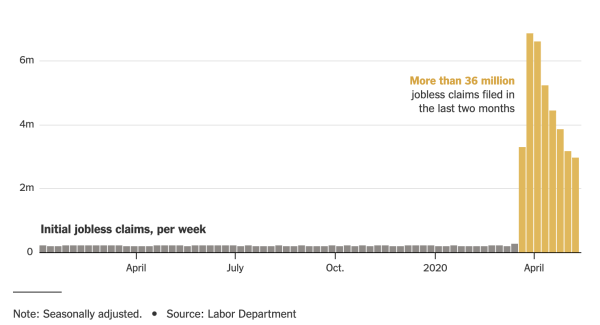 via
via 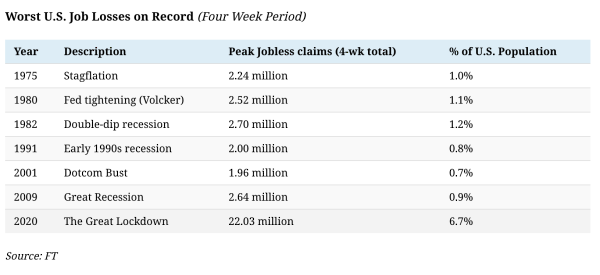 (April 17th, 2020) via
(April 17th, 2020) via 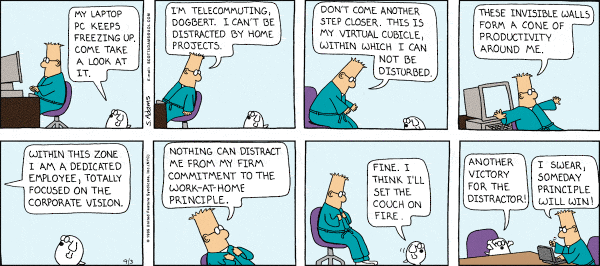 via
via 
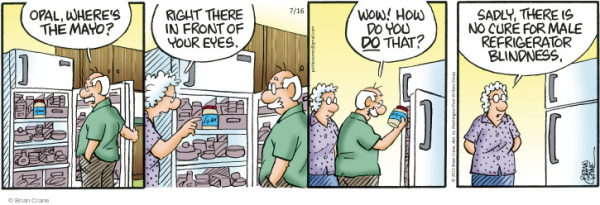 via
via